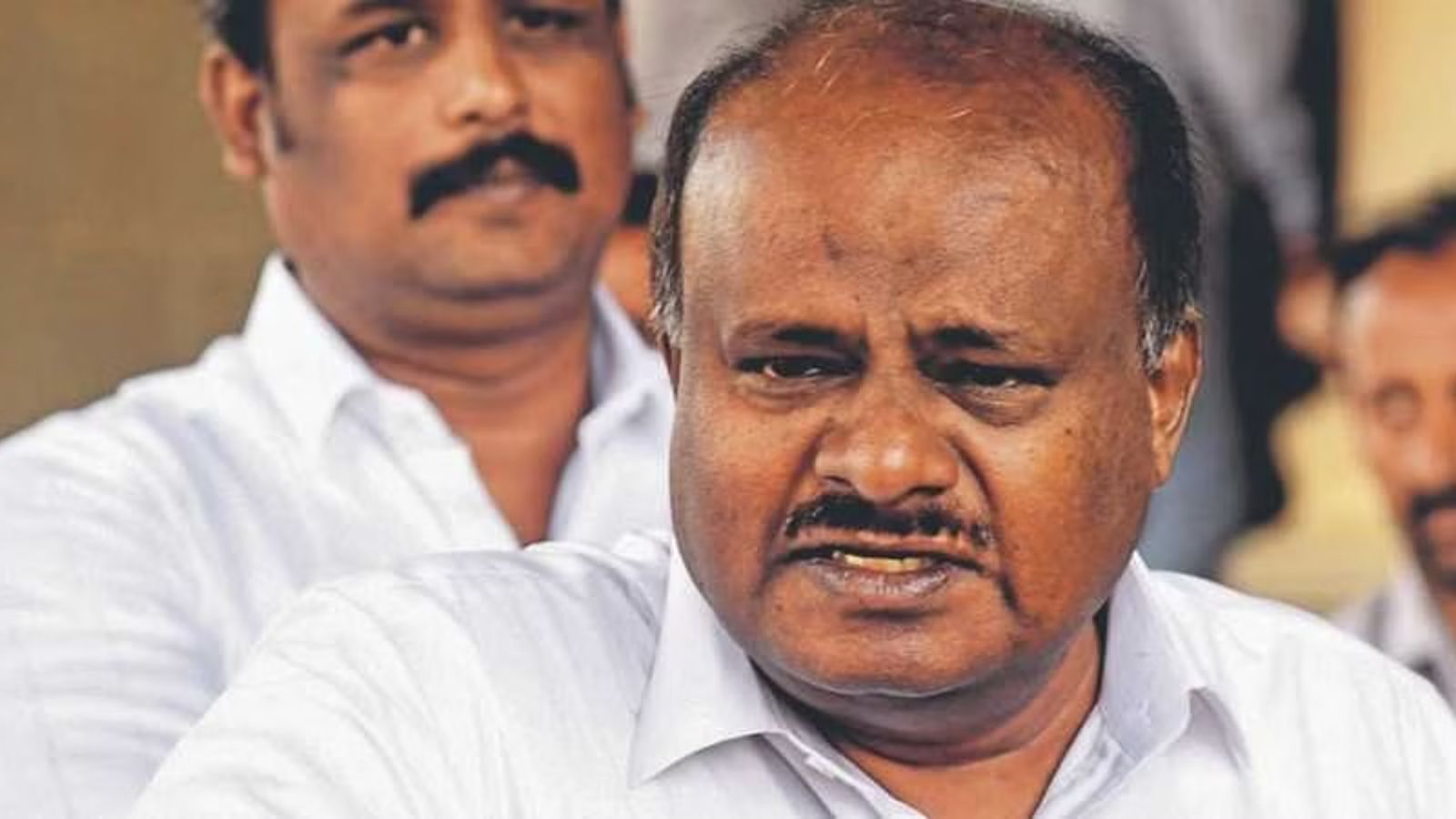Former Karnataka Chief Minister H.D. Kumaraswamy has expressed his willingness to hand over crucial documents to the Speaker of the Legislative Assembly, highlighting alleged corruption in the process of transfers within the state administration. Kumaraswamy’s decision comes as part of his ongoing efforts to expose alleged malpractices and promote transparency in Karnataka’s political landscape.
In a bold move, Kumaraswamy has taken a stand against what he perceives as corruption in the transfer of government officials. He has amassed a significant body of evidence, including documents that he claims demonstrate the presence of graft and unethical practices in the transfer process. By presenting these documents to the Speaker, Kumaraswamy aims to shed light on the alleged wrongdoings and hold the responsible parties accountable.
Kumaraswamy’s willingness to cooperate with the Speaker demonstrates his commitment to promoting integrity and combating corruption in the state’s political ecosystem. By sharing the evidence he has gathered, he seeks to ensure that the truth prevails and that those involved in corrupt practices are exposed and face appropriate consequences.
The alleged corruption in transfers has long been a contentious issue in Karnataka politics. Kumaraswamy’s move to provide evidence to the Speaker indicates his determination to bring about systemic changes and restore public trust in the administrative processes. Through this action, he hopes to initiate a comprehensive investigation into the matter and foster a more transparent and accountable governance framework.
The Speaker of the Legislative Assembly plays a crucial role in upholding the principles of justice and fairness. Kumaraswamy’s decision to approach the Speaker reflects his confidence in the institution and his belief that the evidence presented will receive due consideration and prompt action. This step also underscores the importance of the Speaker’s role in safeguarding the democratic values and ethical standards of the state.
The handover of documents by Kumaraswamy marks a significant development in Karnataka politics, potentially leading to a thorough examination of the allegations of corruption in transfers. The Speaker, armed with this evidence, now has the responsibility to initiate an impartial investigation and take appropriate measures to address the issue.
The impact of Kumaraswamy’s actions extends beyond the immediate political realm. His decision to expose alleged graft in transfers sends a strong message that no one is above scrutiny, and those engaging in corrupt practices will be held accountable. This move also reiterates the importance of transparency, ethical governance, and the need to restore public faith in the political system.
As the investigation progresses, it is expected that the evidence presented by Kumaraswamy will be thoroughly examined, ensuring a fair and unbiased inquiry. The findings will be eagerly awaited by citizens, who are hopeful that justice will prevail and that measures will be implemented to prevent such malpractices in the future.
Kumaraswamy’s decision to hand over the documents to the Speaker showcases his commitment to fighting corruption and upholding the principles of good governance. It marks a significant step towards creating a more transparent and accountable political environment in Karnataka and sets the stage for potential reforms to ensure the fair and merit-based transfer of government officials in the state.










